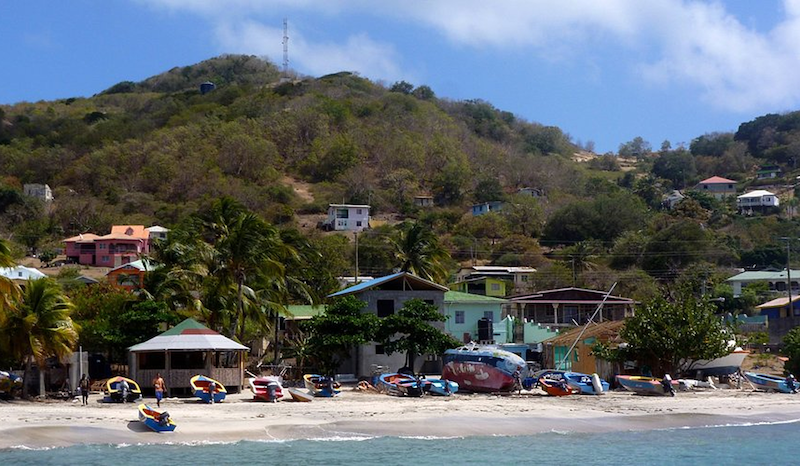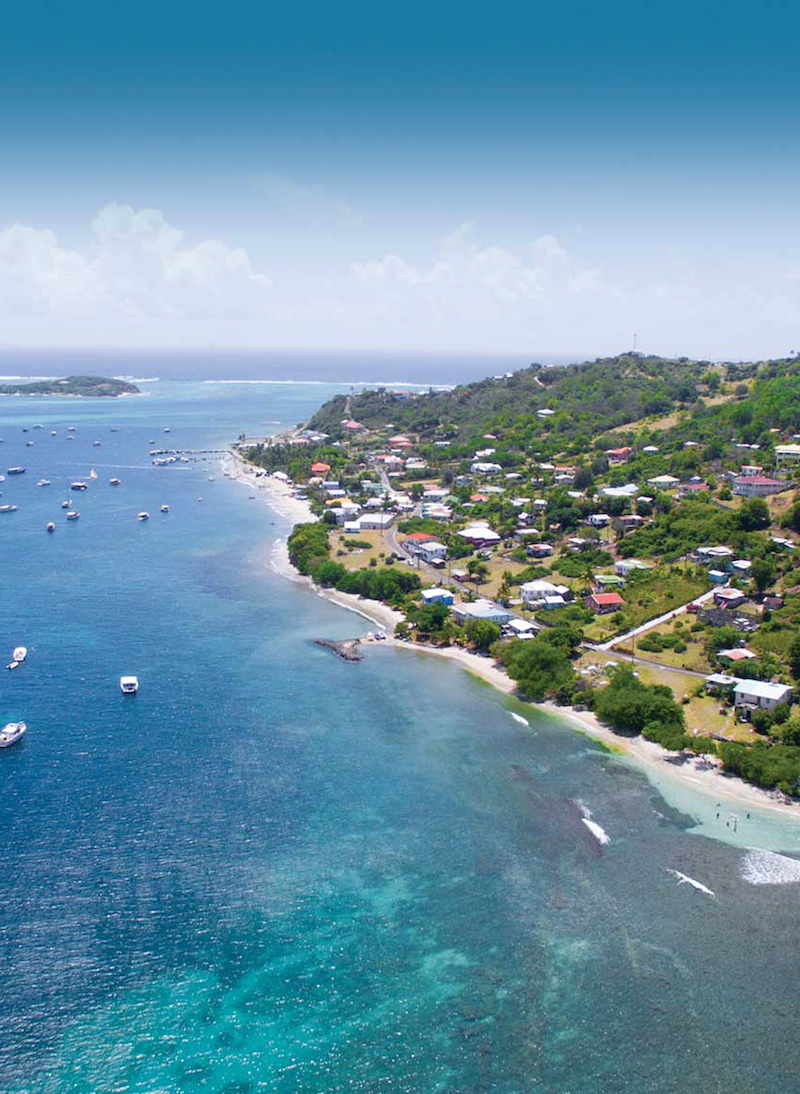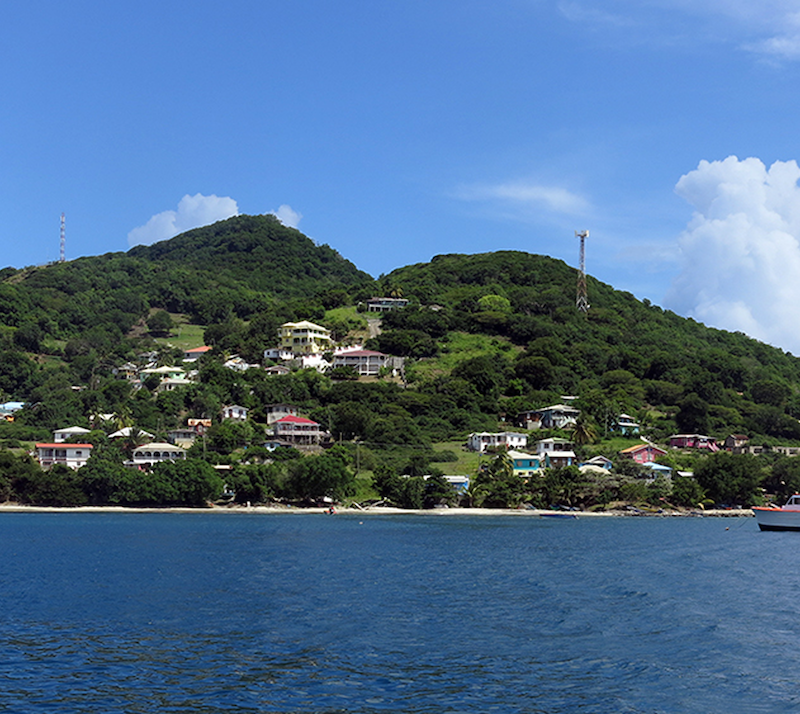Carriacou and Petite Martinique
Carriacou and Petite Martinique, with a combined population of 5,661, depend economically on fishing, livestock, and remittances. The islands face severe water shortages that impact local agriculture, compounded by hurricanes that disrupt fishing activities and the transport of imported goods. The high dependence on rainwater harvesting and the vulnerability to severe droughts necessitate enhanced water management practices and the development of sustainable food production models to ensure food security and economic stability. The INFORM Risk 2025 highlights the need for these islands to invest in rainwater harvesting, desalination, and sustainable food production models to ensure their long-term sustainability and resilience.





